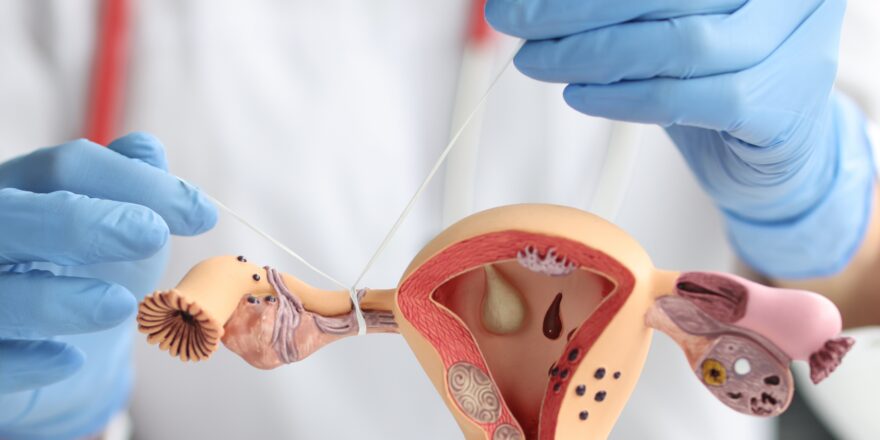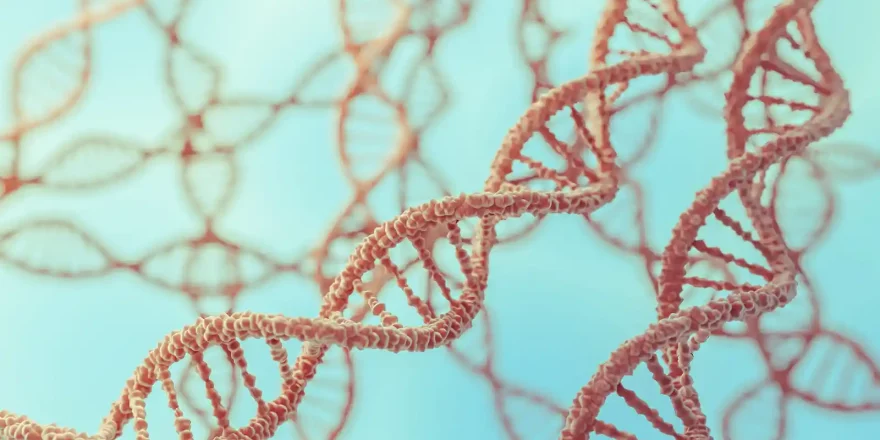Endometriosis is a serious and complex condition that’s one of the leading causes of reduced female fertility. Endometriosis can cause extreme pain and discomfort, and understanding how it develops is crucial when trying to prevent or treat it. The complexity of the condition and its connections with PCOS have led to us detail both conditions ...
Female Conditions
The female conditions that directly affect fertility are also likely to reduce the health of pregnancies and any children. Female fertility is closely related to health and wellbeing, which is a core part of the morefertile® personal fertility profile information (PFPs). The female fertility conditions covered are: Polycystic Ovary Syndrome ...
Anovulation
Anovulation is the absence or infrequent release of an egg from an ovary. Unless an egg is released, it can’t get fertilised, and there’s no chance of pregnancy. Anovulation is the main reason women go to fertility clinics, and about 70% of the time, polycystic ovary syndrome (PCOS) is the issue. However, there are five other cause...
Blocked Fallopian Tubes
Blocked Fallopian tubes account for about 20% of female infertility cases, and the tubes are delicate, dynamic structures that link the ovaries to the womb. They’re easily damaged, and the tubes perform essential roles in all natural pregnancies by supporting and transporting an embryo to the womb. Any excess mucus, scar tissue or distor...
Immune Balance and Fertility
Immune balance and fertility are inseparable, and our understanding is growing each year. Most women have a relatively balanced immune system that can adapt to pregnancy. However, many of us have hidden immune problems that make conception and maintaining pregnancy more difficult. Testing is costly, difficult to access, or not considered a pri...
Genetic Conditions
There are three genetic conditions that can affect female fertility with varying degrees of severity, and there are management options that can result in pregnancy for two of the conditions. Turner’s Syndrome Androgen Insensitivity Syndrome Congenital Adrenal Hyperplasia Turner’s Syndrome Turner’s syndrome is a genetic condition that only af...
Anti-Ovarian Antibodies
Anti-ovarian antibodies (OA) can create an aggressive Th1 autoimmune disorder that attacks and removes healthy eggs and follicles from the ovaries. Low levels of anti-ovarian antibodies are routinely found in women’s blood (around 30% of healthy women have anti-ovarian antibodies in their blood samples), but these women have no problems ...
Luteal Phase Deficiency
Luteal phase deficiency (LPD) is also called “luteal phase defect” and it can prevent pregnancy even when an embryo implants in the womb. As the name implies, LPD is a dysfunction of the menstrual cycle’s second (luteal) phase, and there are two possible causes, which are often seen together: The luteal phase is too short Progesterone levels ...
Miscarriage
Miscarriage is almost a taboo subject that’s rarely discussed because of the distress involved. It’s usually only after a personal experience that people discover just how many of their friends and family have been there too. It’s believed that up to 50% of all pregnancies don’t progress, but most are very early on, and...
PCOS
Polycystic ovary syndrome (PCOS) is a complex hormonal, structural and functional condition that significantly reduces female fertility. Understanding how it develops is crucial when trying to prevent or treat it. The complexity of the condition and its connections with Endometriosis have inspired us to explain both conditions in great detail ...










